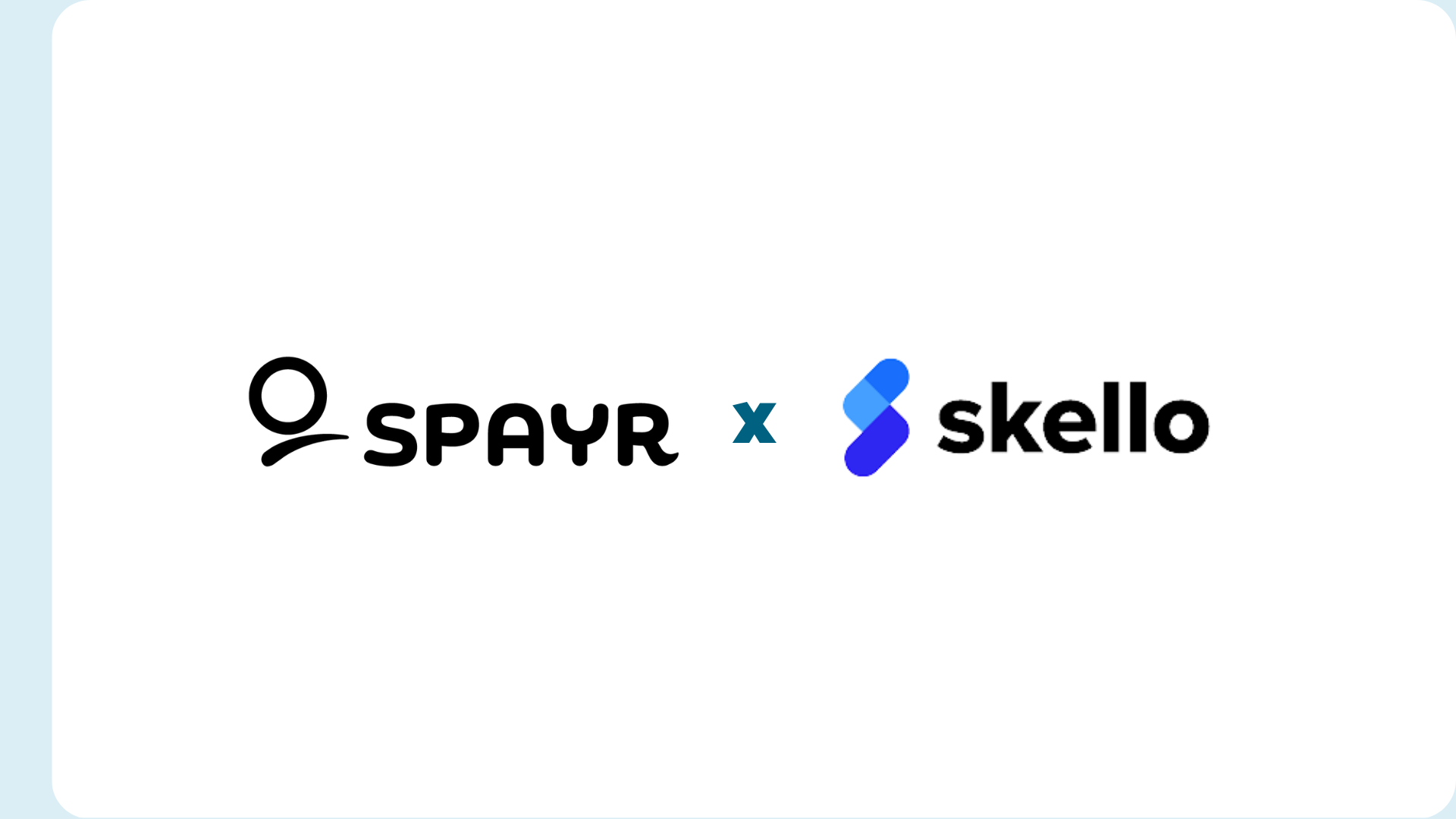Spayr, an alternative to overdraft

A Morbihan-based startup has developed a digital solution that allows employees to receive salary advances in one click. It has entered into an agreement with Skello Group, a specialist in software for restaurants, bars and hotels, to make Skello's product available to their customers.
FACTS
-
Spayr has developed a digital salary advance solution:
-
Thanks to the confidential code, employees can access its platform free of charge:
-
to obtain an advance on salary in one click subject to the remaining available balance
-
-
The advance is paid directly by the employer without the need for supporting documents.
-
The employer has previously deposited 10% of the total amount of the payroll on a secure account.
-
-
Spayr's remuneration is mainly a lump sum invoiced to the client company according to the number of employees.
-
Spayr's platform has approximately 20 clients and 30,000 active employees
-
Spayr has signed a partnership agreement with Skello, an HRIS software for the hotel and restaurant industry.
CHALLENGES
-
Complete its offer by adding Skello's technological brick: Spayr claims that the partnership will allow it to quadruple its activities by 2023, targeting 120,000 beneficiaries.
-
An alternative to bank overdraft: the target group is generally blue-collar workers rather than high-income executives.
-
Anticipated profitability by 2024: To date, Spayr employs about 10 people and plans to double its workforce in the near term to break even by 2024.
MARKET PERSPECTIVE
-
Salary advances are generally small sums "on average 200 to 300 euros" according to Spayr, but allow to avoid bank overdrafts.
-
Other players are also in the market, such as :
-
Rosaly in an experimental phase with two major retail and personal services groups.
-
Stairwage
-
Or even Bling which advances the salary from its own funds. At the end of the month, it recovers this advance directly from the salary, retirement pension or unemployment benefit.
-
-
In spite of a strong competitive intensity, these startups aim to become "financial coaches" that avoid overdrafts, manage savings and provide advice on good personal financial management.
